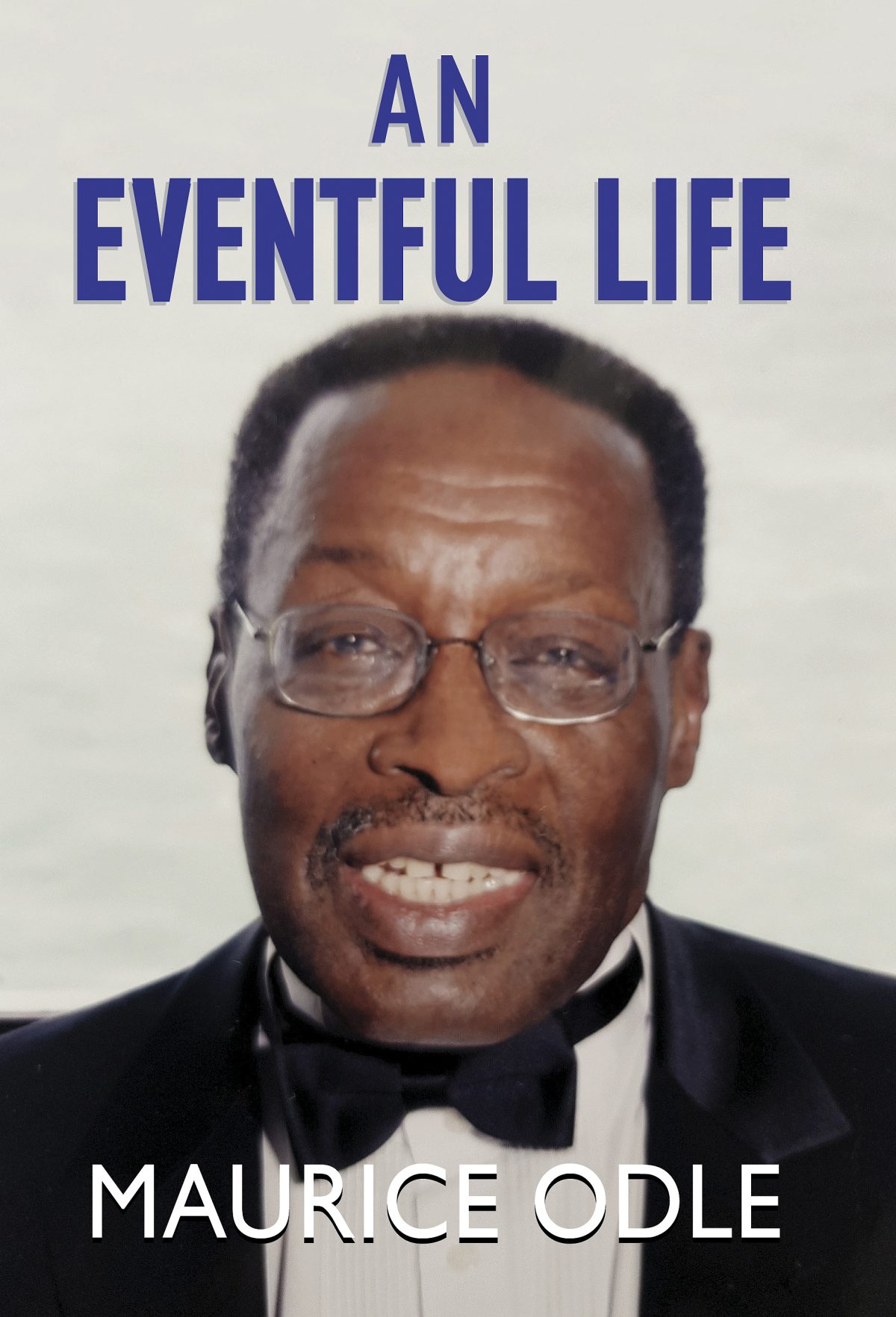A book review by Christopher Ram – Part 2
For many Guyanese, chapter 3 of Dr Maurice Odle’s memoir is the most exciting and interesting, covering a period from the late sixties to the year 1980, the year of the assassination of Walter Rodney. Odle’s return to Guyana in 1967, armed with a degree from the London School of Economics, coincided with the country’s early years of independence and a time of great political and social upheaval.
It was during Odle’s tenure at the University of Guyana – where he attained the position of Head of the Department of Economics and later Dean of the Faculty of Social Sciences – that political tensions in Guyana took a turn for the worse, with Odle himself drawn into activism against the increasingly authoritarian government of Forbes Burnham. According to Odle’s telling, it was the refusal of the Board of the University of Guyana to appoint Rodney to a position in the institution after being refused re-entry to Jamaica that prompted a more overt resistance to the Burnham’s increasing authoritarianism.
University lecturers were partly behind the underground publication “Ratoon” by the Ratoon/MAO Group (MAO stands for Movement Against Oppression) which joined with other groups led respectively by Moses Bhagwan, Eusi Kwayana and Brindley Benn to form the Working People’s Alliance first as a non-political movement. Street corner meetings at which these persons, along with Clive Thomas, and Rodney resonated with large multi-racial crowds unhappy with the economic and social hardships brought about by Burnham’s extreme nationalistic policies. People’s Power, No Dictator became a battle cry while Rodney taunted Burnham, likening him to King Kong. Things took a serious turn when the building housing the Ministry of National Mobilisation and Office of the General Secretary of the PNC was destroyed by fire, leading to swift rounding up of WPA leaders including another academic Omawale, Rupert Roopnaraine, Bonita Bone, Karen DeSouza, Kwame Apatha, and Rodney himself.
Prior to Odle’s arrest, Rodney had called to ask him to take his young children to school, but even as he did so, he too was arrested and taken to a Police Station where he managed to use sign language to communicate with Rodney. It was during his detention that Odle swallowed pieces of a sensitive paper, no doubt with incriminating information.
The Guyana university campus became a cauldron of political activity, with Odle and his colleagues at the forefront of intellectual resistance. This led to escalating tensions between the academic community and the government, including incidents of intimidation, surveillance, and attempts to silence critics. One of Odle’s colleagues Dr. Josh Ramsammy barely survived an assassination attempt in broad daylight, but the murders of Rodney’s bodyguard Edward Dublin, Ohene Kaoma, WPA’s office manager and Jesuit priest Bernard Darke in a wave of terror led by Rabbi Washington and the House of Israel, attracted regional and international attention. But it was the assassination of Walter Rodney in 1980 which marks a tragic trigger point, sending shockwaves across Guyana, the Caribbean and the progressive world, leaving an indelible mark on Guyana’s political landscape.
The impression was that Odle was a reluctant politician, avoiding the political platform but using his pen, his courage and his contacts to support the political leaders, rather than being one of them. Unlike Rodney who was denied a job in Guyana and was forced into full time political activities, Odle had a senior job in academia with politics a secondary calling, forcing him into a delicate and dangerous balance of academic pursuit with political activism. In the process, Odle managed to produce significant academic work, including research on monetary policy and development economics.
Odle did not confine his academic relationships to Guyanese such as Clive Thomas and Havelock Brewster but was part of that elite group of Caribbean intellectuals that included Alistair McIntyre, George Beckford, Lloyd Best, Hilary Beckles, Norman Girvan, Trevor Munroe and Carl Stone. In this context, Odle highlights his Caribbean connections not only in the professional field but in the post-colonial struggles in Guyana and similar movements across the region. Odle’s interactions with Caribbean intellectuals and his involvement in regional academic networks highlight the interconnected nature of Caribbean political thought during this period. Odle describes the assassination of Grenada Prime Minister Maurice Bishop, described as a comrade dedicated to the struggle on behalf of the poor and the powerless, nearly “as traumatic as that of Walter Rodney.”
For many Guyanese, this phase of Odle’s life was the most interesting, bringing back evocative memories of an era during which the promise of independence gave way to the realities of post-colonial challenges, and when intellectuals and activists played a crucial role in shaping national discourse. Odle’s personal odyssey during the period was not dissimilar to that of many of his contemporaries who struggled to reconcile their roles as academics, citizens, and activists in a rapidly changing and often dangerous political landscape.
Like so many of them, he too moved on, to start a career as an international public servant, as a professional staff of the United Nations, beginning in 1980.










